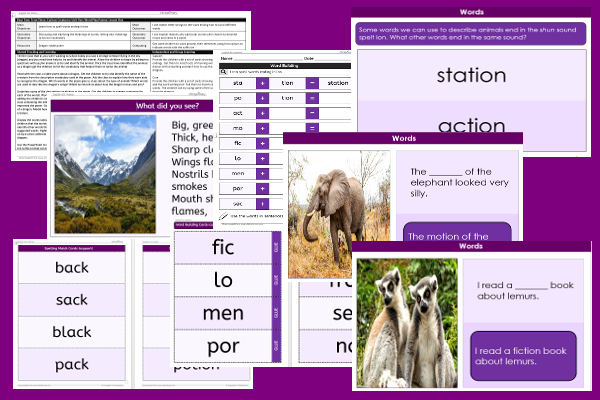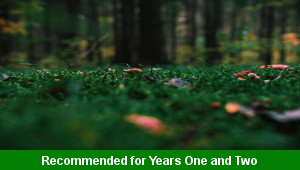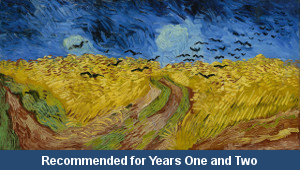Lesson One – Word Building

This English teaching pack for Key Stage One gets the children to select and match some different letter strings to the suffix ion to build a selection of rhyming words that can be used in example sentences describing special animals.
The class can explain and suggest why certain adjectives have been used to describe different nouns in an animal poem.
Download this teaching pack including a lesson plan, classroom activities and an interactive presentation to select and match some different letter strings to the suffix ion to build a selection of rhyming words that can be used in example sentences describing special animals
Activities in this teaching pack include a shared reading text to identify and define adjectives that have been used to describe different nouns in a poem about a dragon, sets of cards for support ability levels to group words with the same spelling phoneme endings and match letter strings with the suffix ion to build different rhyming words for core ability levels and a worksheet to add the suffix ion to word roots for extension ability levels.
The interactive presentation gets the children to explore and match letter strings with the suffix ion to build different rhyming words that can be used in sentences to describe animals.
This lesson is part of an English scheme of work to get the children to investigate poems about different animals that play with language written as tongue twisters, riddles and rhymes, practise spelling words ending in the suffix tion and use noun phrases to describe and specify animals. There are teaching activities for shared learning, differentiated worksheets to support independent learning and interactive presentations to introduce concepts and key skills.
-

Counting Back
Practise using the number technique of counting back to solve and complete a range of abstract and contextual subtraction calculations
-

Mother Nature
Explore how mother nature can provide nourishment, protection and support to all living things in different habitats and environments
-

Digraphs Word Sums
Investigate the spellings and meanings of different sets of words with a range of initial consonant digraphs
-

Van Gogh
Investigate and replicate the work and painting style of a famous artist from the past by producing a matching landscape of the school building
